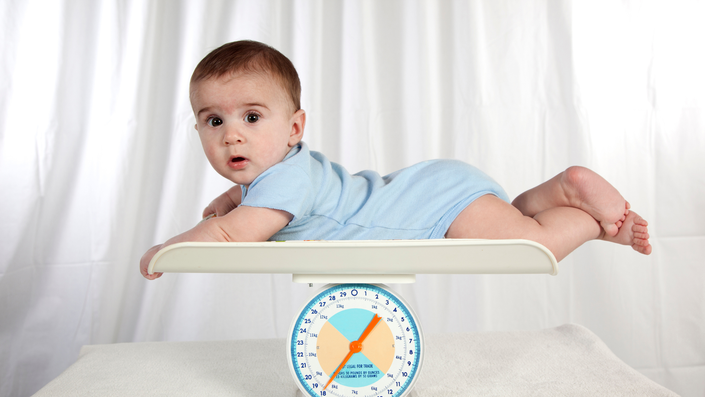How Diet Culture Hurts Children with Feeding Differences, Challenges, and Disorders
Some Ideas from the Webinar:
Course Description:
“Kids in bigger bodies may not be the majority of your clients… So you may be saying, ‘well why does diet culture even matter, why do I need to worry about fat phobia when I’m working with kids where all of our anxieties are whether they’re too small?”
Virginia answers this question and more. Pediatric feeding challenges don’t develop in a void. Whatever the root cause of a child’s feeding struggles, they are impacted by the messages, pressures and expectations they receive from family members and care providers. And because we live in a society that celebrates a thin body ideal and ascribes to complicated notions around what it means to “eat healthily,” kids in all body sizes are exposed early and often to weight bias and diet culture. This can exacerbate a child’s struggles with food in nuanced ways. This course will help providers understand how diet culture and fatphobia harms kids, identify common ways children are exposed to these messages and better support families in reframing their conversations around food and weight.
And, learn concrete ways to:
- Have a diet-free practice.
- Talk about bodies, and what to say instead of the “o” word.
- Neutralize food shame.
- Spot diet culture tropes that don’t help anyone feed kids.
DURATION: 1 hour
We offer discounts for certain customers:
- Group rate is 15% off for three or more. Please email [email protected] for a coupon code.
- Equity rate is $10. If you consider yourself to be part of a marginalized community or are struggling financially, please email [email protected] for a coupon code.
- Student rate is $10. Please email [email protected] for a coupon code, and please indicate the institution and program where you are currently enrolled.
You will enter discount codes during the checkout process.
Virginia Sole-Smith
Virginia Sole-Smith is a journalist, author and mother. As the parent of two girls, one with a history of medical challenges and feeding struggles, and one a more typical eater, she has become an unwitting expert in child feeding and body image, from dropping NG tubes to packing school lunch. Sole-Smith’s 2016 article for the New York Times Magazine, “When Your Baby Won’t Eat”, shares her family’s journey with complex eating challenges and explores deep philosophical divides in the feeding therapy world. This experience, along with her personal evolution and curiosity led to the critically acclaimed book, The Eating Instinct: Food Culture, Body Image and Guilt in America. Sole-Smith was also a keynote speaker for The Center for Eating Disorders at Sheppard Pratt in 2018 and spoke at the Responsive Feeding Therapy Conference in 2020.
Sole-Smith has reported from kitchen tables and grocery stores, graduated from beauty school, and gone swimming in a mermaid’s tail. Her work has appeared in the New York Times, Scientific American, Parents and many other publications. She writes Burnt Toast, a popular newsletter on parenting, weight stigma and diet culture, and co-hosts the Comfort Food podcast.
Learning Objectives: at the completion of this course, the participant will be able to:
- Give three examples of diet culture.
- Recognize how diet culture and weight bias or fat phobia can harm children with feeding differences and challenges, in all body sizes.
- Offer alternatives to the words “obese” and “underweight” when describing children.
- Recognize when a parent’s fatphobia and internalized diet culture are an obstacle to responsive feeding.
- List three ways to make your practice anti-diet, safer and more welcoming for adults and children in bigger bodies.
CEU information:
Certificates of attendance verify 1 hour of continuing education for SLPs and OTs. Check with your professional organization’s licensing bodies to determine exactly what may be accepted for you:
This course counts towards ASHA professional development hour requirements, and does not require pre-approval. Please keep your certificate as proof of attendance as it is not submitted to ASHA’s CEU registry. Please check with your state certification board for any additional requirements for state licensure, as they all differ. ASHA professional development information
This course counts towards AOTA professional development hour requirements and does not require pre-approval. Please check your state’s and national certifying body guidelines for specific information to determine if it may apply to your state’s licensure requirements. Please keep your certificate as proof of attendance as it is not submitted to any CEU registries. NBCOT certificate and certification , NBCOT certification activities chart


